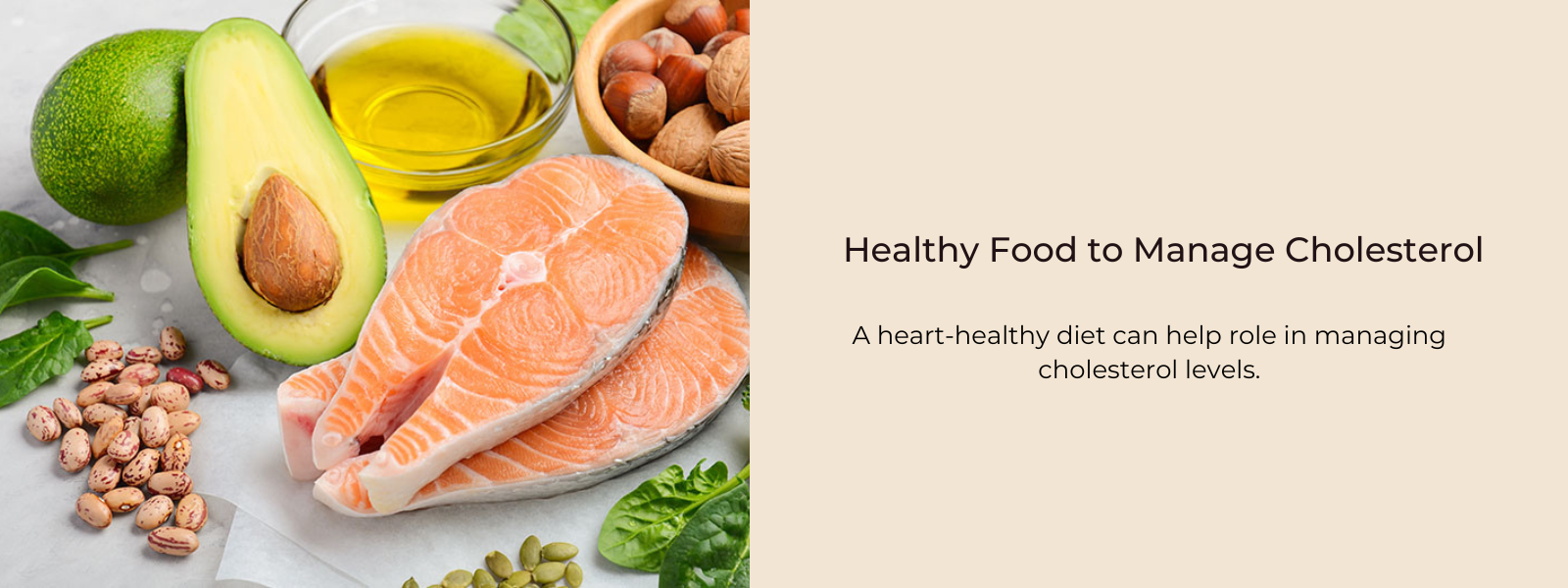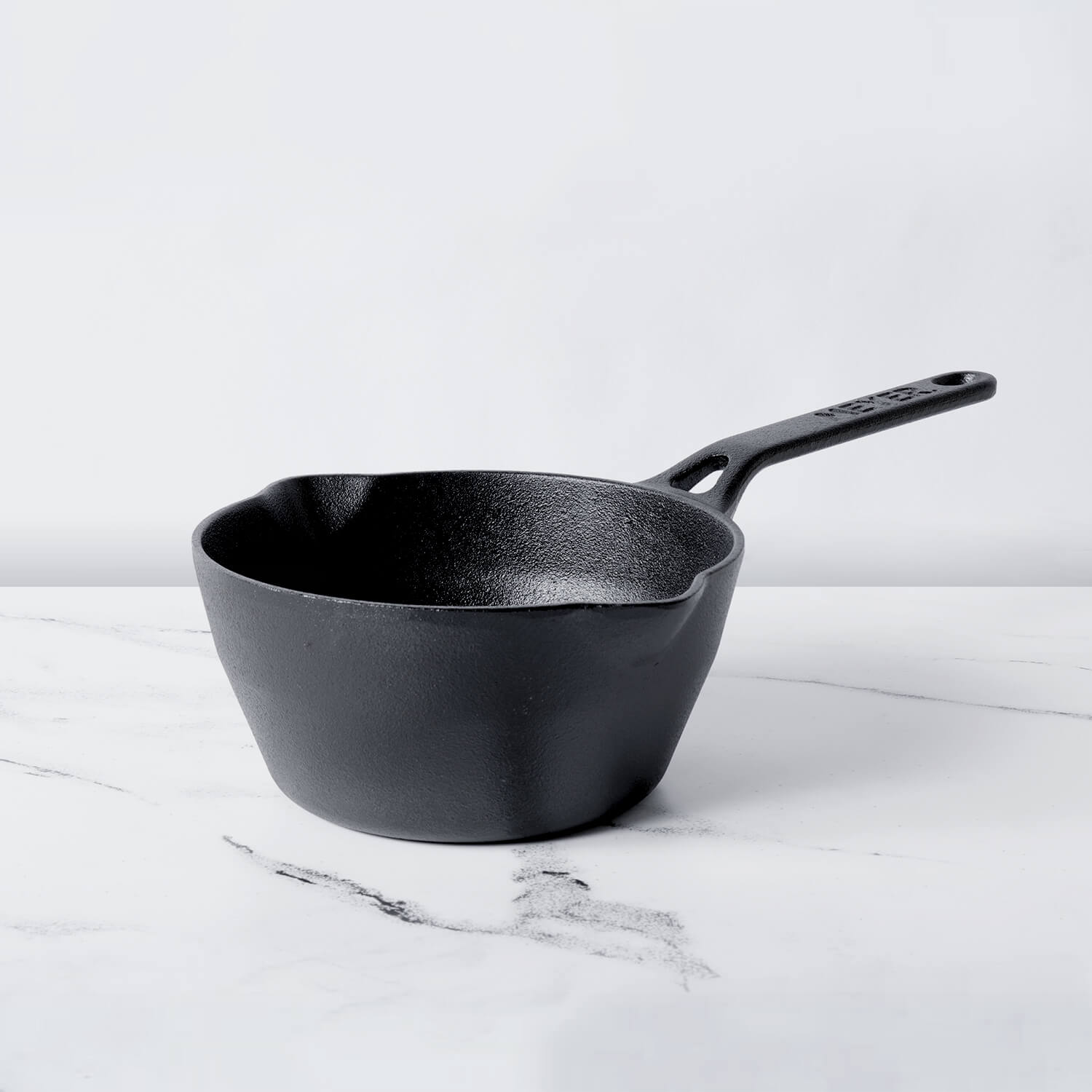Cholesterol-Lowering Breakfasts: Starting Your Day Right" is an essential aspect of maintaining heart health and managing cholesterol levels. By incorporating key components such as soluble fiber, healthy fats, lean proteins, and whole grains into breakfast options, individuals can proactively support their cardiovascular wellness. Foods rich in soluble fiber, like oats, fruits, and vegetables, help lower LDL cholesterol levels by aiding in its elimination from the body. Healthy fats found in sources such as avocados, nuts, and olive oil can raise HDL cholesterol levels, contributing to better heart health. Lean proteins, including eggs, Greek yogurt, and tofu, help reduce saturated fat intake, while whole grains provide essential nutrients and additional fiber. Sample breakfast ideas such as oatmeal with fresh berries and almonds, Greek yogurt parfait with granola and chia seeds, or an avocado toast with a poached egg offer delicious and nutritious options to kickstart the day on a heart-healthy note.
Table of Contents
Understanding Cholesterol and Breakfast:
Cholesterol is a waxy substance found in the blood that is vital for various bodily functions, but high levels of LDL (low-density lipoprotein) cholesterol can increase the risk of heart disease. Breakfast is an opportunity to kickstart your day with nutritious foods that can positively impact cholesterol levels and overall health.
Key Components of Cholesterol-Lowering Breakfasts:
- Soluble Fiber: Foods rich in soluble fiber help lower LDL cholesterol levels by binding to cholesterol in the digestive tract and aiding in its elimination from the body. Excellent sources of soluble fiber include oats, oat bran, barley, legumes (such as beans and lentils), fruits (such as apples, oranges, and berries), and vegetables (such as Brussels sprouts and carrots).
- Healthy Fats: Incorporating heart-healthy fats into breakfast can help raise HDL (high-density lipoprotein) cholesterol levels, which are beneficial for heart health. Opt for sources of unsaturated fats such as avocados, nuts (such as almonds, walnuts, and pistachios), seeds (such as chia seeds and flaxseeds), and olive oil.
- Lean Proteins: Choosing lean sources of protein helps reduce saturated fat intake, which is important for managing cholesterol levels. Include options like eggs (particularly egg whites), Greek yogurt, cottage cheese, tofu, and lean poultry (such as skinless chicken breast or turkey).
- Whole Grains: Opt for whole grains over refined grains to boost fiber intake and provide essential nutrients. Whole-grain options include whole-grain bread, whole-grain cereals (such as oats or bran flakes), whole-grain pancakes or waffles, quinoa, and brown rice.
Sample Cholesterol-Lowering Breakfast Ideas:
- Oatmeal with Fresh Berries and Almonds: Cook oats in water or milk and top with fresh berries (such as strawberries, blueberries, or raspberries) and a sprinkle of almonds for added crunch and healthy fats.
- Greek Yogurt Parfait with Granola and Chia Seeds: Layer Greek yogurt with granola and chia seeds, alternating with sliced fruit (such as bananas or peaches) for a protein-packed breakfast that's rich in fiber and nutrients.
- Vegetable Omelette with Whole-Grain Toast: Prepare an omelette with egg whites or a combination of whole eggs and egg whites, filled with sautéed vegetables (such as spinach, bell peppers, onions, and mushrooms). Serve with a slice of whole-grain toast for a balanced and satisfying meal.
- Avocado Toast with Poached Egg: Mash avocado onto whole-grain toast and top with a poached egg for a simple yet nutritious breakfast option loaded with healthy fats and protein.
- Smoothie Bowl with Spinach, Berries, and Flaxseeds: Blend spinach, mixed berries, Greek yogurt, and a tablespoon of flaxseeds with almond milk or coconut water. Pour into a bowl and top with additional berries, nuts, and seeds for a refreshing and cholesterol-lowering breakfast choice.
Importance of Cholesterol-Lowering Breakfasts:
Cholesterol-lowering breakfasts play a crucial role in promoting heart health and managing cholesterol levels, making them essential for starting the day right. By incorporating foods rich in soluble fiber, healthy fats, lean proteins, and whole grains into breakfast options, individuals can positively impact their cardiovascular wellness. Soluble fiber helps lower LDL cholesterol levels by binding to cholesterol in the digestive tract and aiding in its removal from the body. Healthy fats found in sources like avocados, nuts, and olive oil can raise HDL cholesterol levels, which are beneficial for heart health. Lean proteins help reduce saturated fat intake, while whole grains provide essential nutrients and additional fiber. Starting the day with a cholesterol-lowering breakfast not only supports cardiovascular health but also sets a positive tone for making nutritious food choices throughout the day. It empowers individuals to take proactive steps toward managing cholesterol levels and reducing the risk of heart disease.
Conclusion:
Starting your day with cholesterol-lowering breakfasts is a proactive way to support heart health and manage cholesterol levels. By incorporating soluble fiber, healthy fats, lean proteins, and whole grains into breakfast options, individuals can enjoy delicious and nutritious meals that contribute to overall well-being. Consulting with a healthcare provider or registered dietitian can provide personalized guidance on crafting cholesterol-lowering breakfasts tailored to individual needs and health goals.











Leave a comment